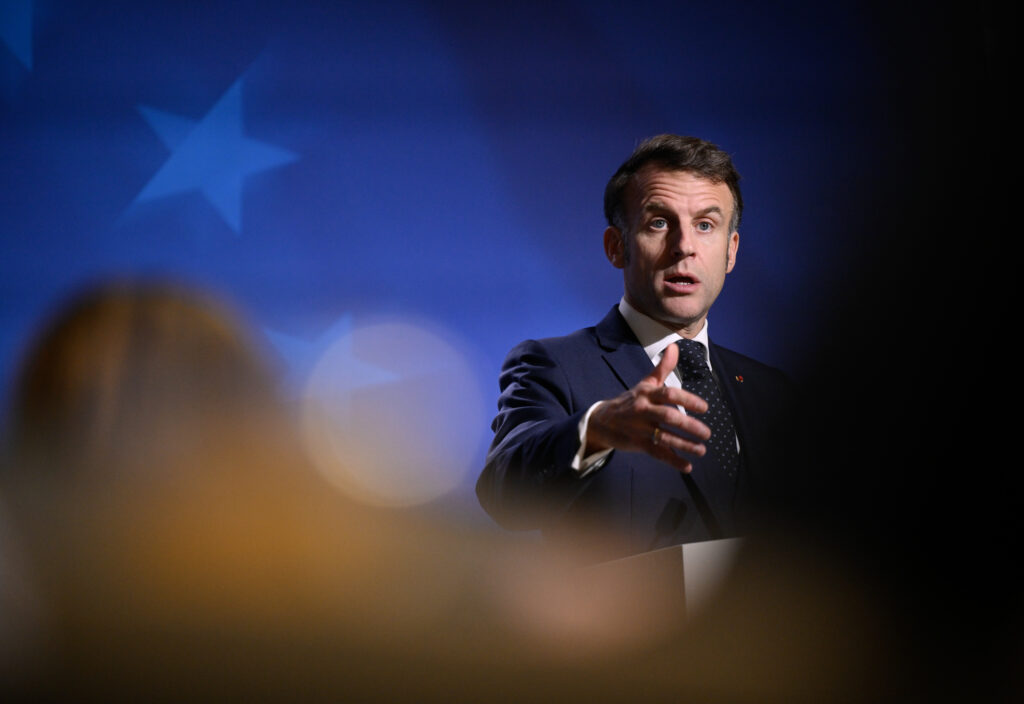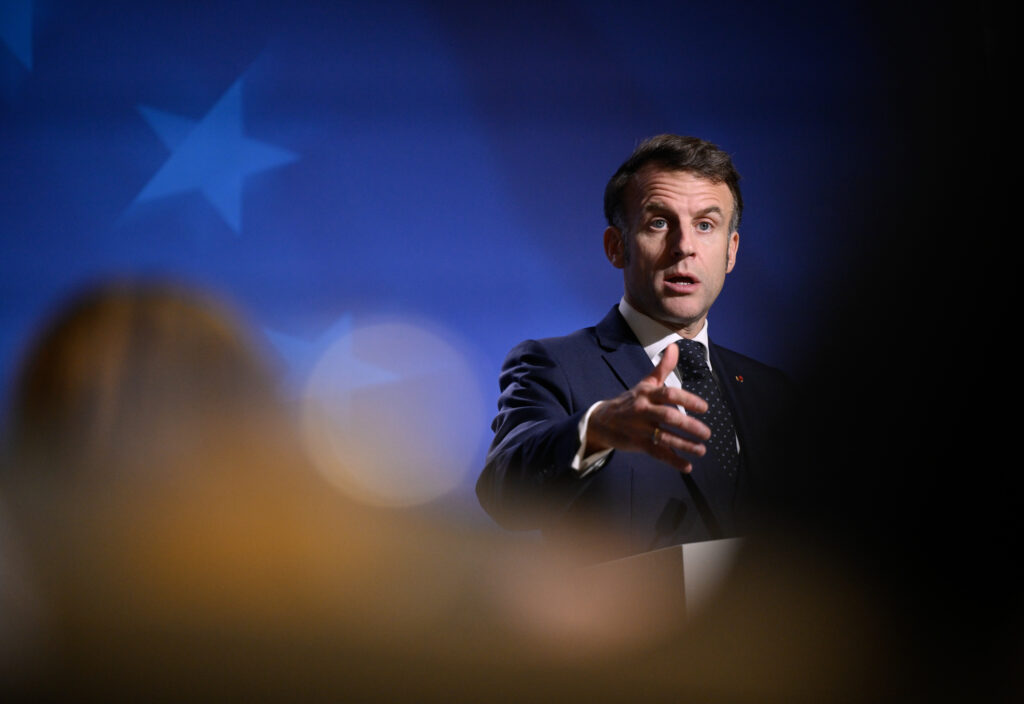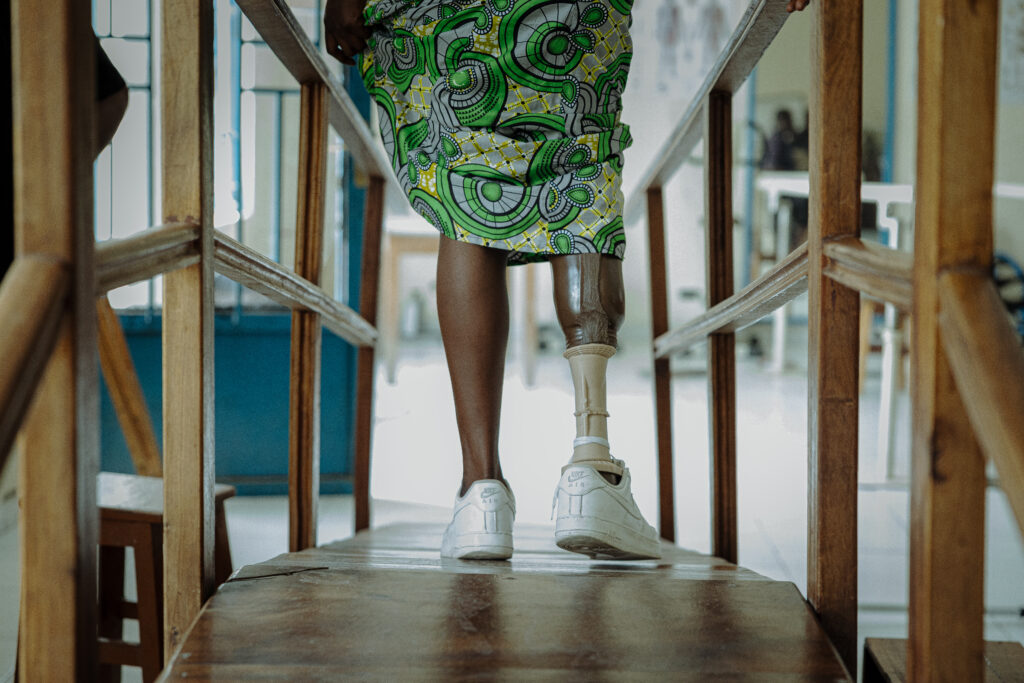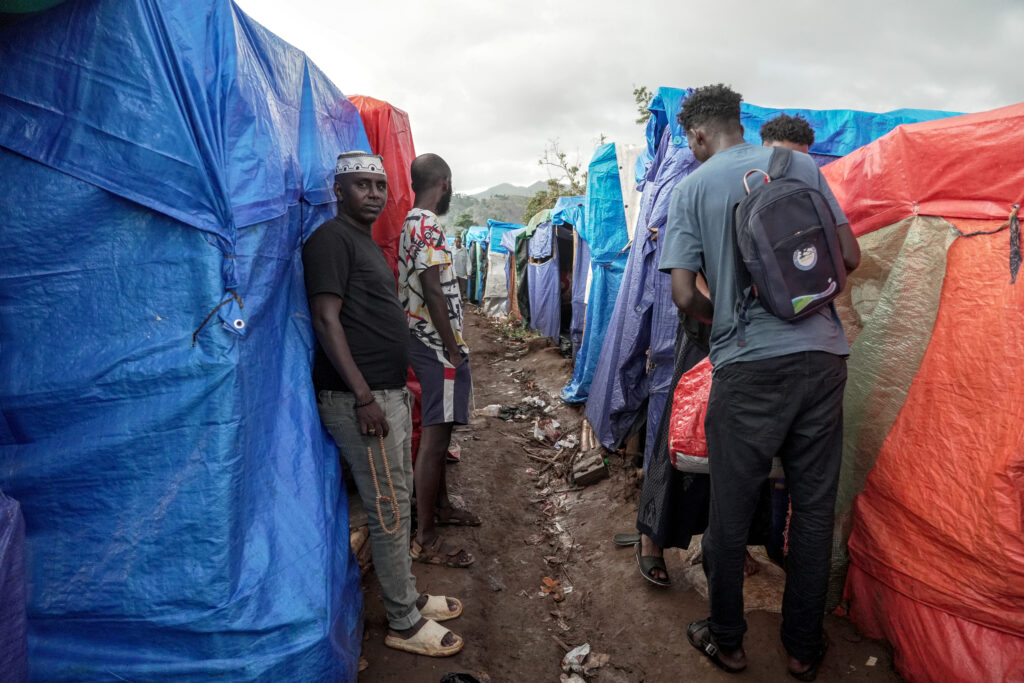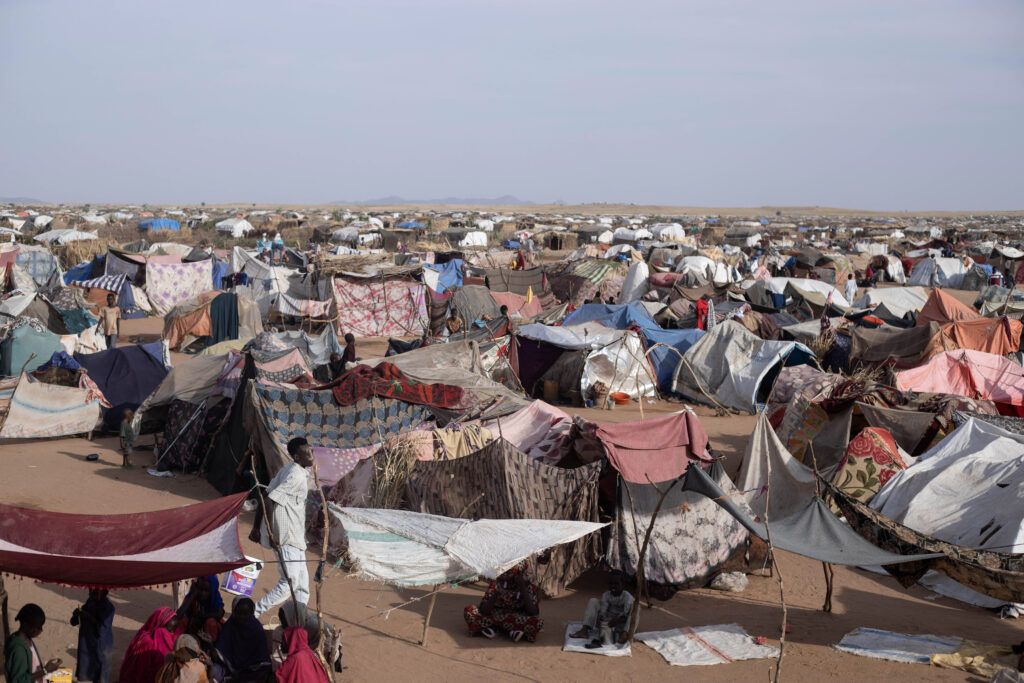Coupe de France: Nice, la qualification pour retrouver un peu de sérénité
A Nice, la situation continue d’être instable, et si les retours de Jean-Pierre Rivère et Maurice Cohen pour remplacer Fabrice Bocquet à la direction du club visent à redonner un cap, c’est surtout la désastreuse spirale sportive qu’il faut casser face à Saint-Étienne (L2) en Coupe de France.Au-delà de la déflagration interne qu’a provoquée la soirée du 30 novembre, où certains supporters ont pris à partie les joueurs, de retour d’une défaite à Lorient (3-1), au-delà des incessantes répercussions, à commencer par les plaintes contre X portées par Terem Moffi et Jérémie Boga, toujours en arrêt maladie, puis par le club, ainsi que le désamour des supporters pour cette équipe, c’est d’abord la situation sportive qui préoccupe Franck Haise.Lui qui avait proposé d’être un fusible mais qui a, de nouveau, été conforté dans sa tâche d’entraîneur par Rivère vendredi, ne compte pas voir son équipe, qui vient d’enchaîner neuf défaites consécutives, s’incliner une 25e fois en 2025, pour son 48e match sur la période. “Ça s’arrêtera un jour, soyez-en sûr, certifie-t-il. J’espère que ça sera contre Saint-Étienne”, 2e de L2, “qui a beaucoup de qualité offensive”, et avec qui “l’écart actuel ne doit pas être gigantesque”, prédit-il.Avec 12 joueurs absents, entre quatre départs à la Coupe d’Afrique des nations et les blessés, Haise continue de se débattre, et convient qu’en cas de qualification “tout le monde serait content”. “Ça fera du bien de casser la série, de se dire qu’on reste dans cette compétition. Ça donnera un peu de force et de confiance pour la reprise. Pour autant, tout ne sera pas réglé.”Mais “dans la période actuelle, je signerais tout de suite”, assène-t-il. Car si, contre Braga (0-1) et à Lens (0-2), il a entrevu des signaux positifs, ses joueurs doivent “être plus efficace dans l’approche des deux buts”, malgré “la fébrilité”, et “le déchet technique”, qui en découle.- “Six mois qui m’ont fait vieillir” -“On ne va pas, en claquant des doigts, dire qu’on sort du contexte de la Ligue 1 et de la Coupe d’Europe, dit-il. C’est au-delà. Il faut avancer sur les progrès récents, et aller chercher d’autres choses, plus loin pour enfin parvenir à faire basculer un match.”Pour que ses hommes y parviennent, il assure continuer à s’investir. Et de préciser: “La situation est assez difficile comme ça pour ne pas baisser la garde”.”La question est +quel est le rôle d’un entraîneur?+, interroge-t-il encore. Entraîner, changer les joueurs, les systèmes, les entraînements, regonfler certains, expliquer à d’autres qu’ils ne sont pas sur la bonne voie. Qu’il gagne ou perde, l’entraîneur a le même rôle. Il n’est pas vu de la même manière. Mais son rôle change peu.”Dimanche, dans un stade “malheureusement à huis clos, parce que, même si c’est aussi difficile et compliqué de ce côté-là, je préfère que des gens assistent au match et qu’on puisse parvenir à les emmener avec nous durant le match”, explique-t-il, il va encore mettre son ouvrage sur le métier. Histoire de terminer 2025 avec un sourire.”On ne va pas revenir sur tout ce qui s’est passé, synthétise-t-il. Il n’y aura pas de baguette magique le 25, ni le 31. Des choses restent mais sont derrière. On est là pour avancer, pour que 2026 soit meilleur que le deuxième semestre 2025.”Puis il conclut: “En voyant les photos il y a quelques années, je vois que je vieillis. Mais ces six mois-là m’ont fait vieillir encore un peu plus.”


